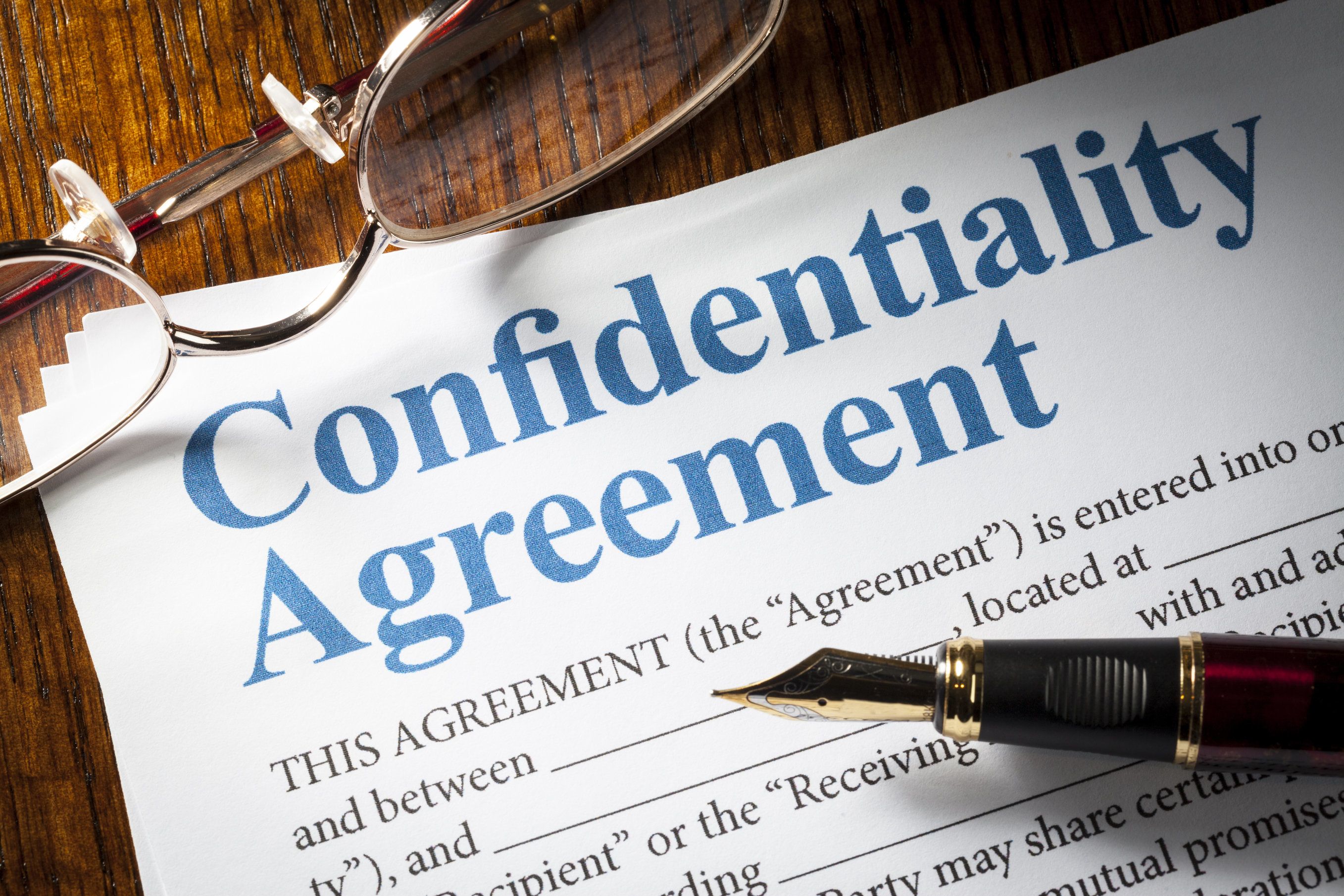Understanding Confidentiality and Non-disclosure Agreements
 Accepting or offering employment is not always a simple process. Most employers now draft employment contracts to ensure that their needs, and those of their employees, are protected. While an employment contract can offer a number of advantages, they can also be quite confusing. To avoid misunderstandings when dealing with employment contracts, it is advisable to work with an attorney experienced in this area of the law. Our attorneys can assist employers or employees in drafting, analyzing, or negotiating common types of employment contracts, including confidentiality and non-disclosure agreements. By seeking legal assistance with confidentiality and non-disclosure agreements, our Daytona Beach, FL clients can avoid legal disputes down the line.
Accepting or offering employment is not always a simple process. Most employers now draft employment contracts to ensure that their needs, and those of their employees, are protected. While an employment contract can offer a number of advantages, they can also be quite confusing. To avoid misunderstandings when dealing with employment contracts, it is advisable to work with an attorney experienced in this area of the law. Our attorneys can assist employers or employees in drafting, analyzing, or negotiating common types of employment contracts, including confidentiality and non-disclosure agreements. By seeking legal assistance with confidentiality and non-disclosure agreements, our Daytona Beach, FL clients can avoid legal disputes down the line.
What Is the Purpose of a Confidentiality and Non-disclosure Agreement?
A confidentiality and non-disclosure agreement is used to prevent information from being leaked to third parties or the public. These contracts outline what type of information is defined as confidential, who that information can be shared with, and how long the information must be kept confidential. Confidentiality and non-disclosure agreements vary in their complexity. Usually, the more important it is to keep information classified, the more complex the legal agreement will be.
Basic Elements of a Confidentiality and Non-disclosure Agreement
Every confidentiality and non-disclosure agreement is unique. However, there are certain elements that should be defined by even the most basic confidentiality contract. Below are some of the general terms that should be addressed in any confidentiality and non-disclosure agreement:
- What’s confidential: If a confidentiality and non-disclosure agreement is going to stand up in a court of law, it has to define the type of information that is confidential. The contract should be as specific as possible in defining the scope of information that is included in the confidentiality agreement.
- The purpose of disclosure: If a party is asked to sign a confidentiality and non-disclosure agreement, it is because they are being given confidential information. It is important for a confidentiality agreement to set forth the purpose of sharing that information.
- Terms of the non-disclosure: By signing a non-disclosure, employees are agreeing not to share information with third parties. However, it should be defined whether employees are expected to protect information to their “best effort,” whether information can be shared with other employees on a “need to know” basis, etc.
- A no use clause: Often, confidentiality and non-disclosure agreements fail to include this important clause. It is important to define that, in addition to refraining from sharing information, employees also cannot use information for their personal gain.
- Agreement term: It is important to define the term of the confidentiality and non-disclosure agreement. The term of the contract should be long enough to protect the interests of the disclosing party without placing an undue burden on the recipient of the information.
In addition to these basic terms, employers may consider including further provisions in their confidentiality and non-disclosure agreements. No matter how simple or complex a confidentiality agreement may seem, a legal evaluation can prove invaluable in protecting either party of the contract from dealing with disputes later on.
Contact Us
Whether you are looking to draft, analyze, or negotiate a confidentiality and non-disclosure agreement, our attorneys can help. We are experienced in all forms of employment contracts and can ensure that your needs are protected by such an agreement. To learn more about our legal services regarding employment contracts, contact us at your earliest convenience.










